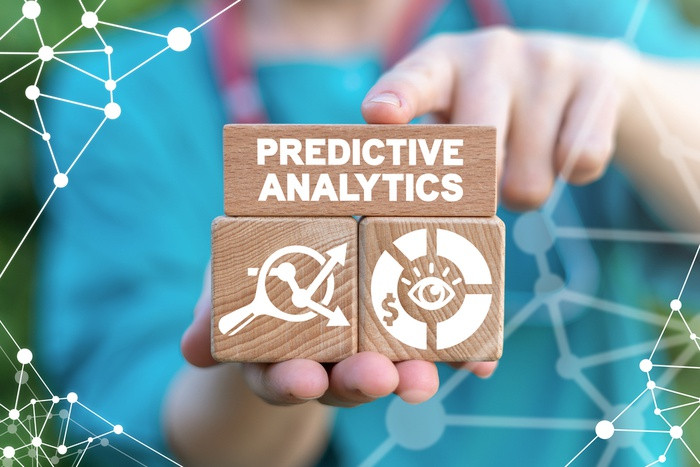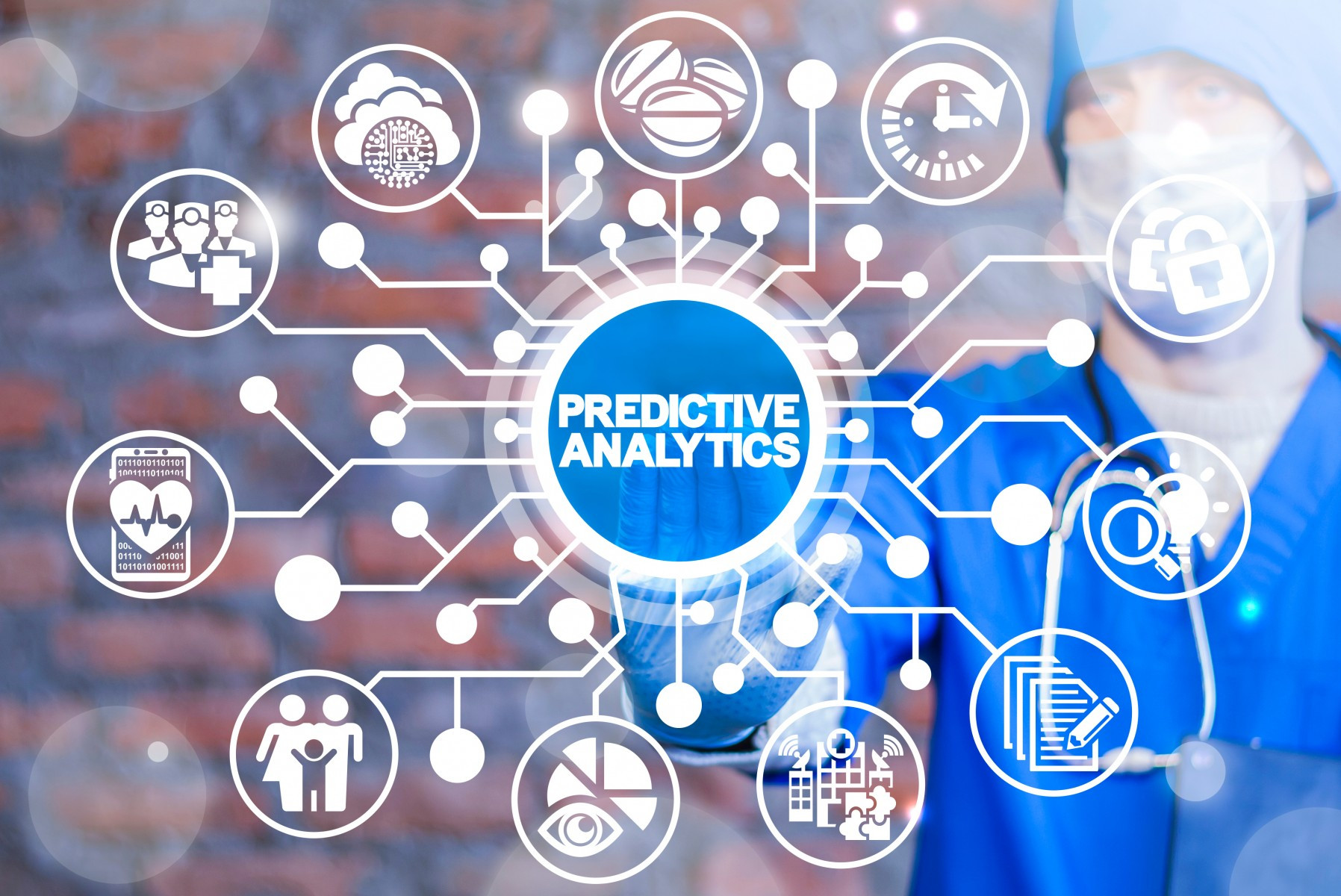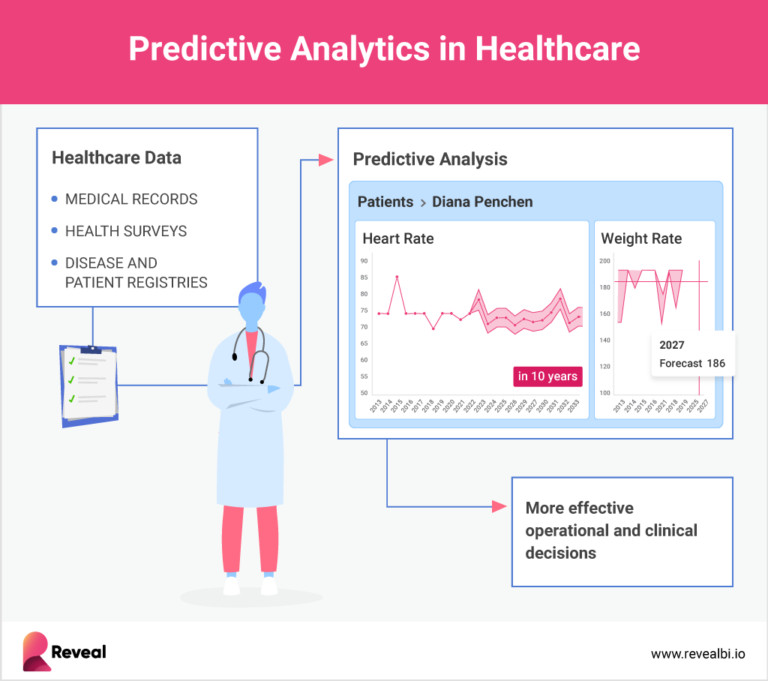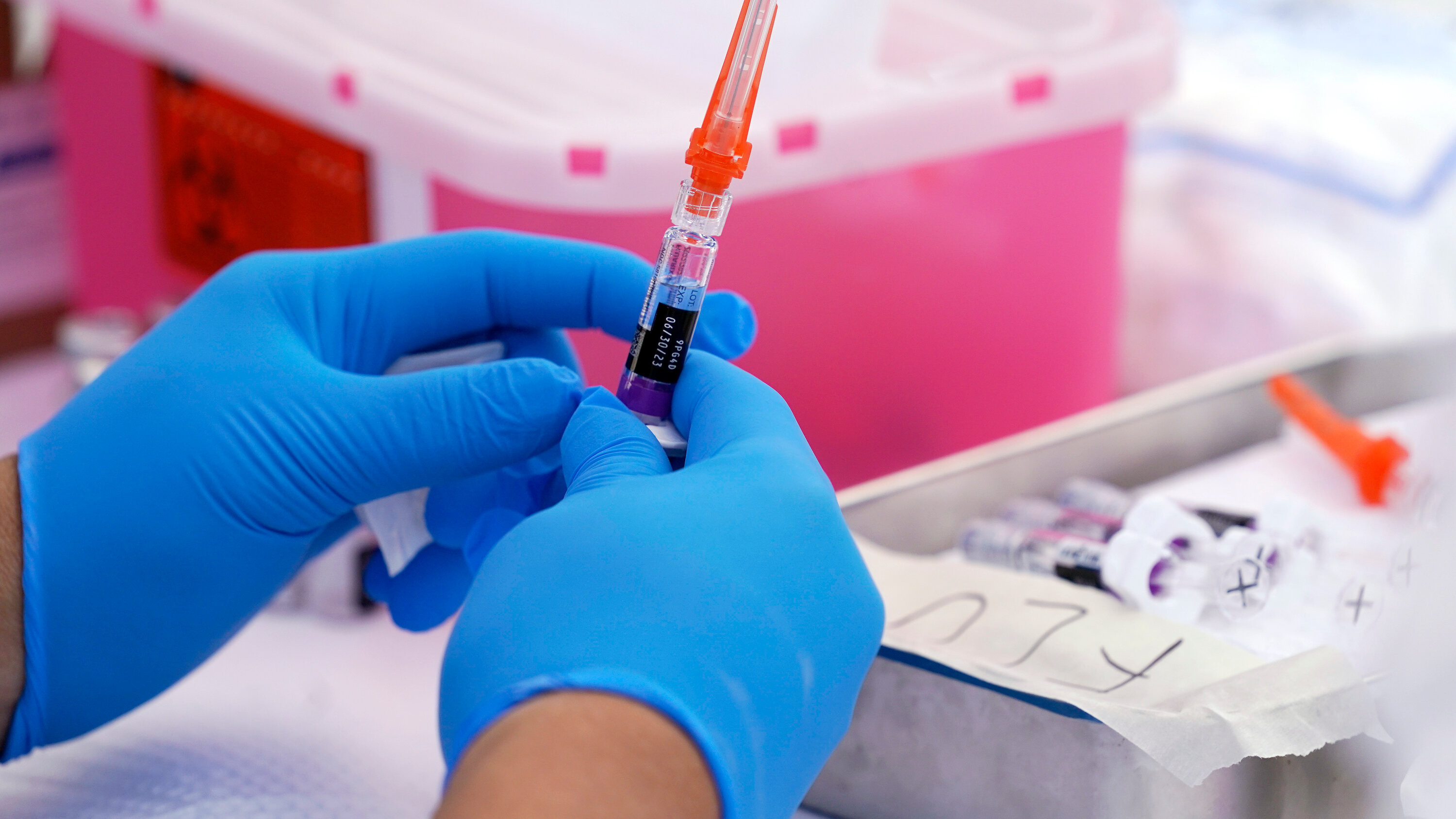The Dawn of AI in Healthcare: A Predictive Future
The healthcare industry is undergoing a dramatic transformation, fueled by the rapid advancement and adoption of artificial intelligence (AI). At the heart of this revolution lies predictive analytics, a powerful tool that leverages data to anticipate future health outcomes and optimize treatment strategies. This isn't just about futuristic technology; it's about tangible improvements in patient care, operational efficiency, and a significant economic upswing. Billions are being invested, and the market is booming.
Predictive Analytics: Unlocking the Power of Data
Predictive analytics in healthcare uses complex algorithms and machine learning to analyze massive datasets—patient records, medical images, genetic information, and more. By identifying patterns and correlations often invisible to the human eye, these systems can predict the likelihood of various health conditions, such as heart failure, diabetes, or even cancer, often long before they manifest clinically. This early detection allows for proactive interventions, potentially saving lives and significantly reducing healthcare costs associated with late-stage treatments.
Early Detection and Prevention
The ability to predict potential health risks allows healthcare providers to take a proactive approach to patient care. Early interventions, such as lifestyle changes or preventative screenings, can drastically reduce the incidence and severity of many diseases. This shift from reactive to preventative care is one of the most significant benefits of predictive analytics.
Personalized Medicine: A Tailored Approach
Predictive analytics isn't just about predicting disease; it's about personalizing treatment. By analyzing a patient's unique characteristics and risk factors, AI-powered systems can recommend the most effective treatment plan, improving treatment outcomes and reducing the risk of adverse effects. This tailored approach moves beyond one-size-fits-all medicine, offering a new level of precision and effectiveness.
The Market's Explosive Growth: A Multi-Billion Dollar Industry
The healthcare predictive analytics market is experiencing explosive growth, attracting significant investment from both established players and innovative startups. The market's expansion is driven by a confluence of factors: the increasing availability of health data, advancements in AI and machine learning, and a growing demand for more efficient and effective healthcare solutions. Analysts project the market will continue its upward trajectory for the foreseeable future, reaching multi-billion dollar valuations in the coming years. The sheer scale of this growth highlights the transformative potential of this technology.
Key Players and Market Dynamics
Several key players are driving innovation within the market, including established healthcare technology companies, pharmaceutical giants, and specialized AI firms. Allscripts, for example, is a major player in providing big data solutions for healthcare. The competition is fierce, leading to rapid innovation and a continuous improvement in the accuracy and efficiency of predictive analytics tools. The market's dynamic nature ensures continuous evolution, with new solutions emerging regularly to meet the ever-evolving needs of the healthcare sector.
Challenges and Opportunities
Despite the significant opportunities, challenges remain. Data privacy and security are paramount concerns, demanding robust systems to protect sensitive patient information. The complexity of AI algorithms requires skilled professionals for development, implementation, and maintenance. Overcoming these hurdles will be crucial for realizing the full potential of predictive analytics. However, with the right approach, these challenges can be transformed into opportunities for innovation and growth. The future is bright for this technology and is predicted to be even brighter than it currently appears.
The Future of Healthcare: A Collaborative Approach
The future of healthcare is undeniably intertwined with the continued development and implementation of AI-powered predictive analytics. It's not a replacement for human expertise but a powerful tool to augment and enhance the capabilities of healthcare professionals. By combining the analytical power of AI with the clinical judgment and empathy of medical professionals, we can create a more efficient, effective, and patient-centered healthcare system. The convergence of these elements is key to unlocking the full transformative potential of AI in healthcare and ensuring a healthier future for all.
The integration of AI into healthcare is a journey, not a destination. Continuous research, innovation, and collaboration between technology developers, healthcare providers, and policymakers are essential to navigating the complexities and maximizing the benefits of this transformative technology. As we move forward, the ethical implications of AI will remain central to the conversation; ensuring responsible innovation and patient well-being will be paramount in shaping the future of healthcare through this predictive technology. This isn’t simply about improving efficiency; it is about improving lives.



















